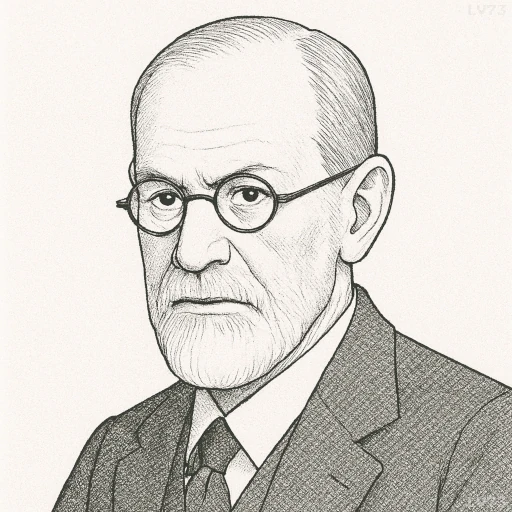“If youth knew; if age could.”

- May 6, 1856 – September 23, 1939
- Austrian
- Neurologist, Founder of Psychoanalysis
table of contents
Quote
“If youth knew; if age could.”
Explanation
This brief, poignant aphorism encapsulates a timeless truth about the human life cycle: that wisdom and capability rarely coexist at their peak within the same individual. Youth possesses energy, strength, and opportunity, but often lacks the experience and judgment to use them wisely. Age, by contrast, brings knowledge, insight, and perspective, but often lacks the physical vitality or social freedom to act on them fully. Freud’s repetition and inversion draw attention to the tragic irony of human development.
Though often attributed to Freud, this phrase is actually a proverb of older origin, commonly linked to French writer Henri Estienne (“Si jeunesse savait, si vieillesse pouvait”). Freud’s use—or allusion—reflects his broader understanding of developmental stages: that different phases of life are governed by distinct psychological capacities and limitations. The quote hints at the unbridgeable gap between what one feels ready to do and what one understands how to do.
Today, the sentiment resonates across generations. Young people may rush into choices without foresight, while older adults may see the path clearly but lack the chance to walk it again. Freud’s invocation of this idea invites reflection on how time fragments our potential, and how maturity involves accepting the losses and gifts that come with each stage of life.
Would you like to share your impressions or related stories about this quote in the comments section?

